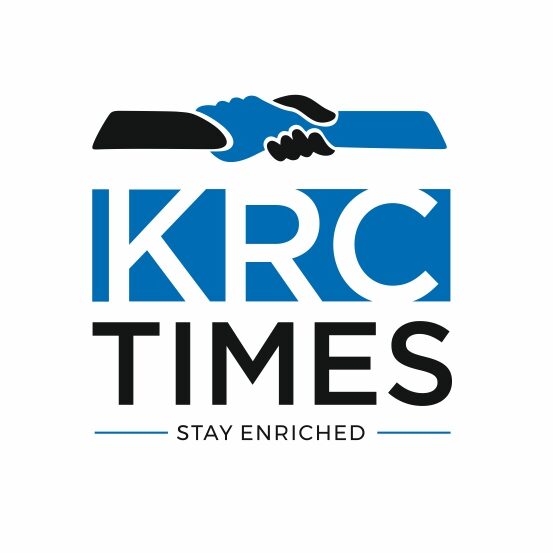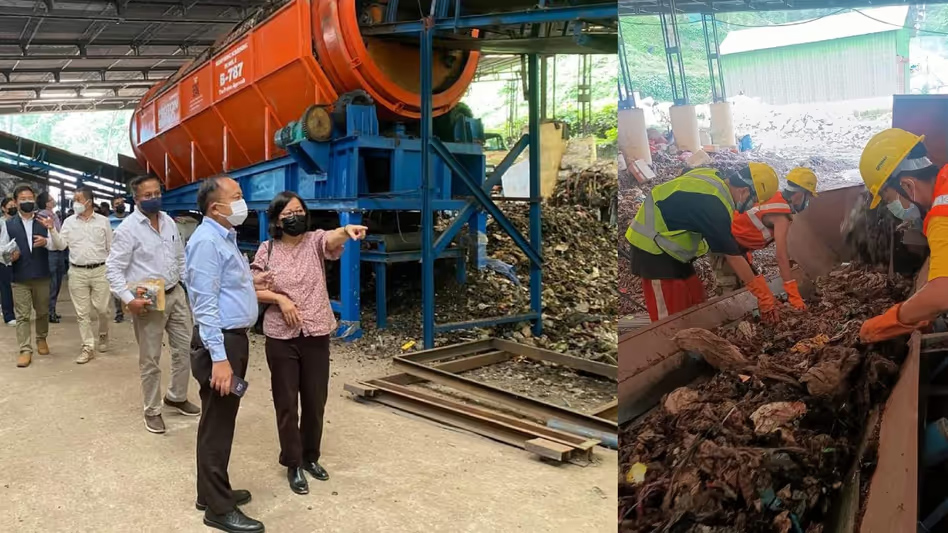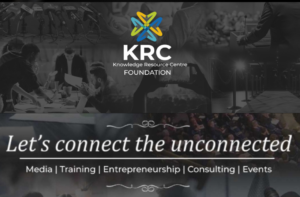Despite challenges such as flash floods, road closures, and adverse weather conditions, the project has made satisfactory progress
 KRC TIMES NE Desk
KRC TIMES NE Desk

Gangtok : The biomining project at Martam landfill is progressing well despite challenges like flash floods and adverse weather.The initiative aims to reduce waste volume, recover resources, and improve land use using biological methods.Secretary M.T. Sherpa emphasised worker safety and the importance of proper protective gear and medical check-ups.
A team of officials, led by the Secretary of the Urban Development Department, M.T. Sherpa, conducted an inspection of the ongoing biomining work at the Martam landfill yesterday. The team included the Principal Chief Engineer, Chief Engineers, the Mission Director of Swachh Bharat Mission-Urban (SBM-U), and officials from the Rural Development Department (RDD) and the Urban Development Department (UDD).
The visit aimed to assess the progress of the biomining project and to educate officials about the importance of scientific garbage management, the processes involved, and the risks posed by improper waste disposal.
Initiated by the State Government through the Urban Development Department in January 2024, the Martam biomining project represents a pioneering effort in the state. Despite challenges such as flash floods, road closures, and adverse weather conditions, the project has made satisfactory progress.
This initiative employs biological methods to excavate, segregate, and process old waste deposits at the landfill, aiming to reduce waste volume, recover resources, improve land use, and mitigate environmental impacts.
Biomining involves the excavation, treatment, segregation, and utilization of aged municipal solid waste under standards set by the Central Pollution Control Board and the Solid Waste Management Rules of 2016. At the Martam landfill, over two lakh tonnes of legacy waste are being mined.

The landfill services household garbage from Gangtok Municipal Corporation, Rangpo, Singtam, and Mangan Nagar Panchayats, as well as other peri-urban and rural areas. With daily garbage generation exceeding 68 metric tonnes and increasing urbanization and tourism, managing this waste has become a significant challenge for municipal bodies.
The technological intervention, coupled with behavioral changes among citizens and proper training for garbage management employees, is expected to help the state achieve a zero-waste situation soon. Currently, a substantial amount of Refused Derived Fuel (RDF) is being transported to cement factories outside the state, and certified good earth from the landfill is proposed for use in farming and forestry.
During the visit, Secretary Sherpa expressed satisfaction with the work’s progress and emphasized the importance of worker safety. He instructed officials and contractors to provide proper protective gear and conduct frequent medical check-ups for workers.
The Department also plans to organize visits to the landfill for municipal bodies, officials, and organizations to promote peer learning and raise awareness about solid waste management.


